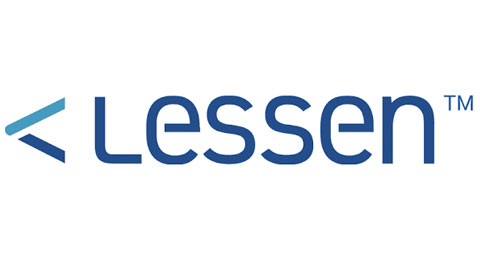Venture Capital Firms, Portfolio Companies & Investors
Venture capital firms and their LPs have been riding a roller coaster for the last few years, with the amount of money raised in the first three quarters of 2023 dropping 72%, compared with the same timeframe the previous year.
Partner shifts, layoffs, shuttered firms, shrinking funds and investors skeptical of inflated tech valuations have caused recent contractions and given stakeholders the jitters.
Notably, however, a number of power players still pushed through with significant raises last year. Khosla scored almost $3 billion in new funds. Coatue raised a cool $1.4 billion despite dramatically cutting its crypto play. The uniquely positioned new NATO Innovation Fund gave European tech a lift with about $1.1 billion. And Bain, raising over $7 billion dedicated to Asia-Pacific, defied general VC fundraising gloom. Overall, AI investment marked one of the few bright spots for VCs, and early-stage activity has been less impacted than late-stage.
As smaller funds try to make headway in this uncertain and unforgiving environment, it’s especially important that they tell their stories well. Professional communicators can convey a VC firm’s expertise and sound strategies to investors and worthy startups alike — getting the attention of trusted media outlets at pivotal moments amid a noisy, crowded market.
Indeed, those startups, which constitute a major segment of VC portfolios, often require VC guidance with PR and marketing as they move to build name recognition and their sales funnels. VCs leverage their own specialized expertise in particular sectors and they leverage their networks to help boost their portfolio companies – for example, Breakthrough in clean energy. VCs also can spotlight portfolio company founders to position them as emerging thought leaders – for example, as Sequoia does. Savvy firms like Bospar often get connected to portfolio companies to help them differentiate their products and services amid intense competition. When everyone seems to be offering a new AI capability, improved cloud tool or “game-changing” mobile app, feisty portfolio companies can lean on their PR team to show the world — and potential customers — their value.
AI investment marked one of the few bright spots for VCs
Managing communications with robust, well-orchestrated initiatives during market downturns and crises can actually help improve how an organization, brand — or VC fund — is perceived by target audiences. Share of voice may increase for savvy VCs and portfolio companies during such times, as competitors cut their communications budgets.

Even when market conditions are ideal, great PR is vital to VC success because it:
- Builds visibility and awareness with media coverage, thought leadership and industry recognition, which, in turn, encourages new investors, spurs quality deal flow and leads to new opportunities for collaboration, partnerships and networking
- Enhances credibility, reputation and positive public image by positioning VCs as experts in their verticals, which builds trust among all stakeholders
- Helps attract and retain top talent by highlighting a VC firm’s success stories, positive company culture and impact on the startup ecosystem
- Manages crisis and reputation in the event of a major misstep or negative publicity with a well-executed crisis management strategy that contains damage fast
- Differentiates in a competitive landscape so that investors and strong companies seeking capital understand a VC’s unique value proposition, mission, support for its portfolio and follow-through.
Navigating the stormy present and future of venture capital requires great skill — and persistent communicators who not only won’t steer you wrong, but will carry you safely to a bright, prosperous shore.
Building visibility, enhancing credibility, and attracting top talent is essential when market conditions aren’t ideal.


